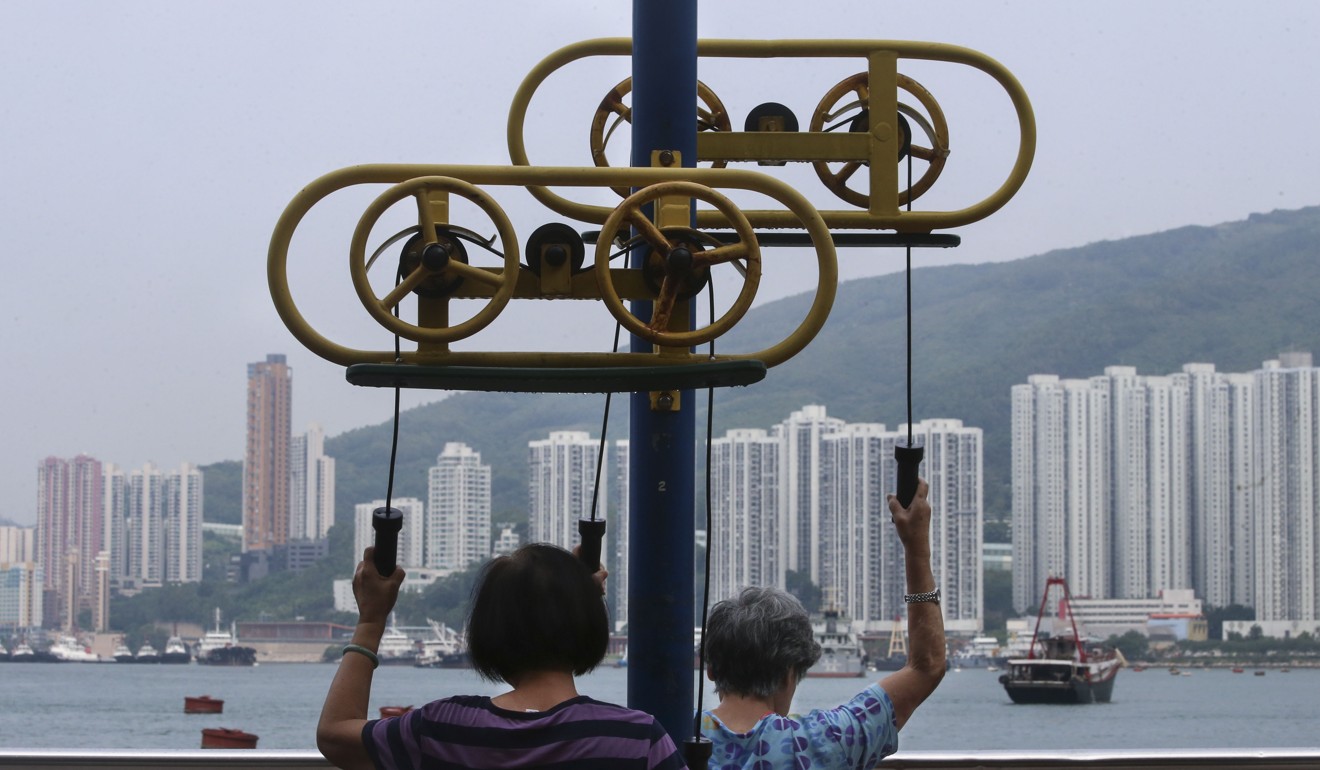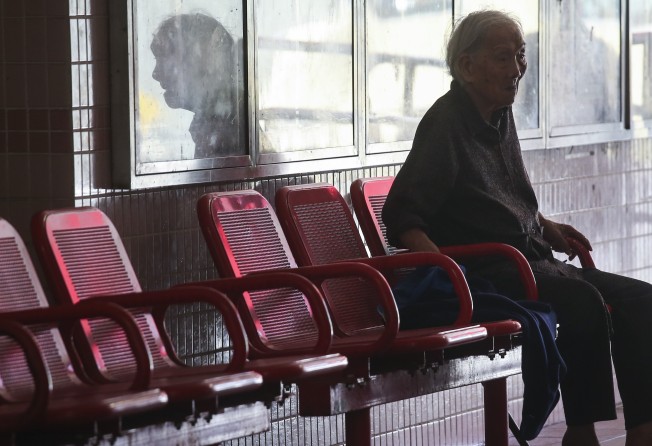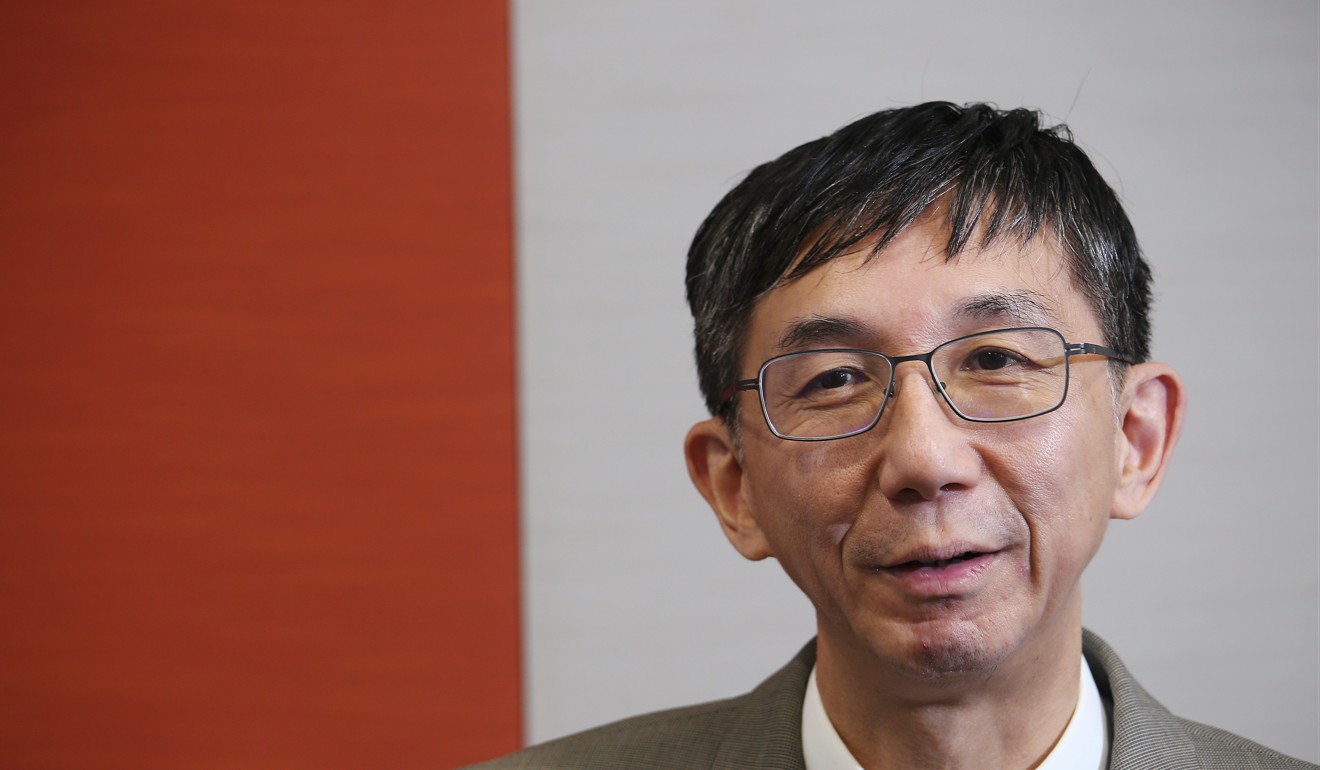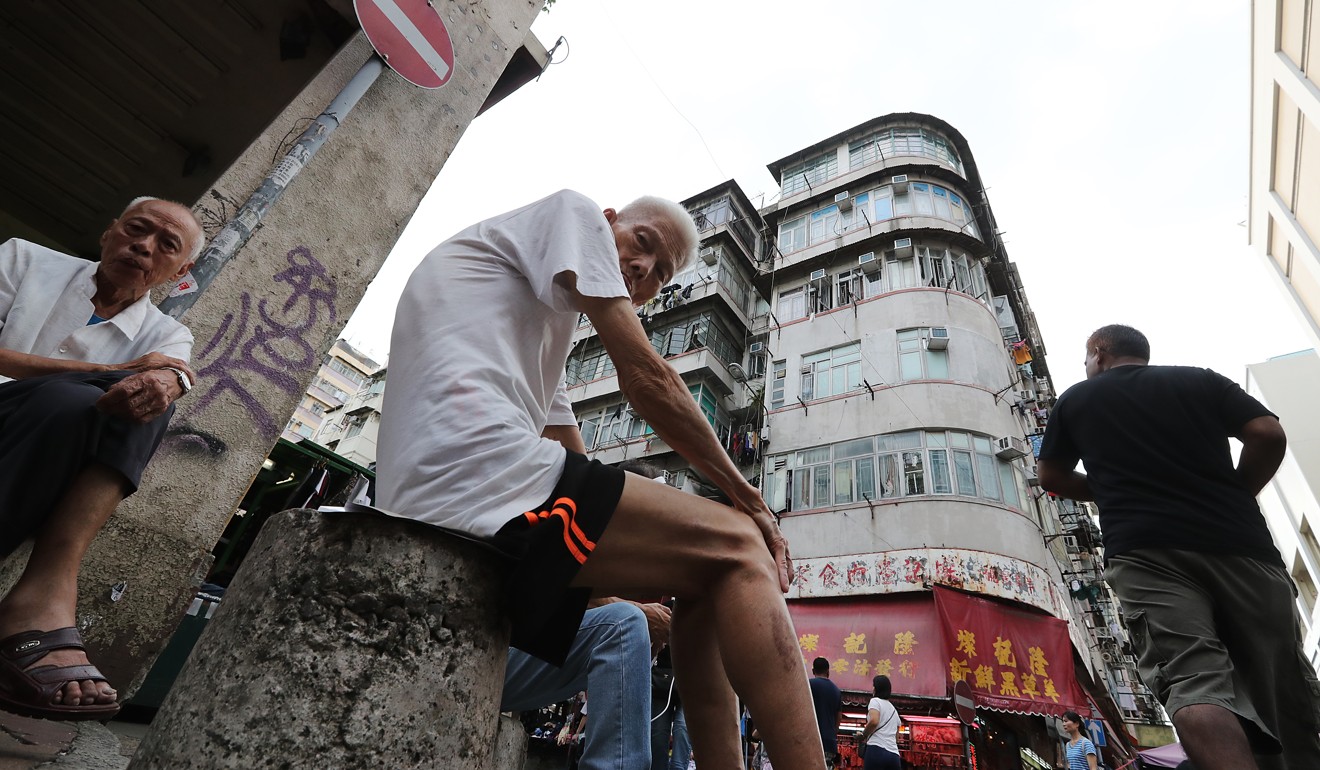
Is Hong Kong ready when dementia sufferers go missing?
Experts urge more education about warning signs after five deaths

Nine years ago, Rennie Sha had the shock of her life when the police told her where they had found her grandma who had gone missing for several hours in the night.
“In Shing Mun River,” she said, referring to the stream which runs through Sha Tin. “She had fallen into the river on that rainy evening.”
It was only then that Sha’s family realised their then 82-year-old grandma might actually be suffering from dementia. They had shrugged off earlier signs, like the time they found she had kept 80 fish in her freezer at home.
“She might have thought the river was a road after spotting the reflected image of the buildings on it … there was even seaweed inside her handbag,” Sha recalled.
“She could have died if she was spotted a second later.”
Despite the guilt the family felt that evening, Sha admitted they were among the lucky ones – who found their missing elderly alive.

According to a study of newspaper clippings by the Post, at least five dementia patients – among 18 who reportedly went missing this year – were later found dead, as of this month.
Back in 2012, only one was killed after she went missing. Between 2013 and 2017, 10 died after disappearing, including one who was hit by a car in 2014 when he wandered onto a highway. At least 54 dementia patients went missing over the past five years, according to the newspaper reports.
Official figures are unavailable because the government does not track the data. The Post’s study of newspaper reports mirrors an earlier study by Polytechnic University over the period of 1999 to 2002.
The number of deaths among missing dementia patients might not be too far from reality, as they would have a higher chance of being reported by the media. Labour Party lawmaker Dr Fernando Cheung Chiu-hung said that more troubling was that the overall number of missing persons with dementia was more likely the tip of the iceberg as most cases would go unreported.
A survey by Chinese University in 2007 found that 30 per cent of more than 420 seniors with confirmed dementia had lost their way and gone missing at least once.
The number of Hongkongers over the age of 80 will peak after 2050, with at least a third of them expected to suffer dementia, according to government’s projection. The current dementia population is estimated to number more than 100,000 people.

No government department in Hong Kong – whether the Police Force, Hospital Authority or subsidised care centres for elderly – is keeping data on missing dementia sufferers, unlike other countries in the thick of their ageing challenge.
The national police agency of Japan – a super aged country – tracks the number of people with dementia who wandered off each year, including those later found dead, to keep track of the alarming trend.
Hong Kong police, however, only provides the number of reported cases of missing persons aged 60 or above with no indication of whether they are dementia patients. This year, as of August, the figure came to 619. A police spokesman said it has “established procedures on handling missing persons who have special needs, including mentally incapacitated persons.”

The problem of dementia patients going missing is expected to worsen with a fast greying population but the absence of data and an ignorant community could make the city ill-equipped to deal with such cases and make it a dangerous place for them, social workers warned.
“Such data would of course be valuable for us to understand the severity of the problem,” Cheung said.
The number of dementia patients has soared over the past decade and it is just the beginning
“It would show us the pattern such as when and where the people with dementia usually went missing. Does it usually happen during holidays or in which season? Do they usually wander off from home or nursing centres? If it is the latter, are those centres subsidised or run by private sector?”
Elderly Commission chairman Dr Lam Ching-choi acknowledged the challenges for the police to compile such statistics, citing only one out of 10 dementia patients had received formal diagnosis.
But he stressed Hong Kong would have to create a more dementia-friendly community anyway even without such data.
Professor Timothy Kwok Chi-yui, the Director of Jockey Club Centre for Positive Ageing, which specialises in dementia care, agreed as he said restricting freedom of seniors with dementia by locking them at home or in nursing centres was not a way out.
Hongkongers still lacked general understanding and awareness of dementia, he said, suggesting that more training should be done to help people learn how to identify seniors who appeared lost and help them in the right way.

For instance, some bus drivers might have allowed seniors who did not pay fares to get on board as a nice gesture but they were unwittingly letting them wander even further from their homes.
Kwok’s centre has already provided training to some 2,000 frontline workers, such as drivers of public transport, bank tellers, security guards, in a bid to equip them with a basic understanding of dementia.
Kwok hoped such training would be made mandatory for police officers.
“The number of dementia patients has soared over the past decade and it is just the beginning,” he said.
“It would become even more serious in the coming 20 years and the society should really get prepared.”
Kwok added that gerontechnology can help prevent people with dementia from going missing, but the city needs more elderly-friendly designs to ensure seniors carry the gadget on a daily basis.
Sha, on the other hand, hoped the government would provide regular check-ups for seniors on dementia as she said deterioration could happen within a very short period of time.
According to Hong Kong Alzheimer’s Disease Association, Hongkongers currently have to wait for at least 11/ 2 years to be properly diagnosed with dementia in the public health care system.
“It was not until the missing incident of my grandma that we realised her situation was in fact alarming,” she said.
She also called for more day-care or nursing centres dedicated to dementia, so patients could receive timely and targeted training to delay their deterioration.